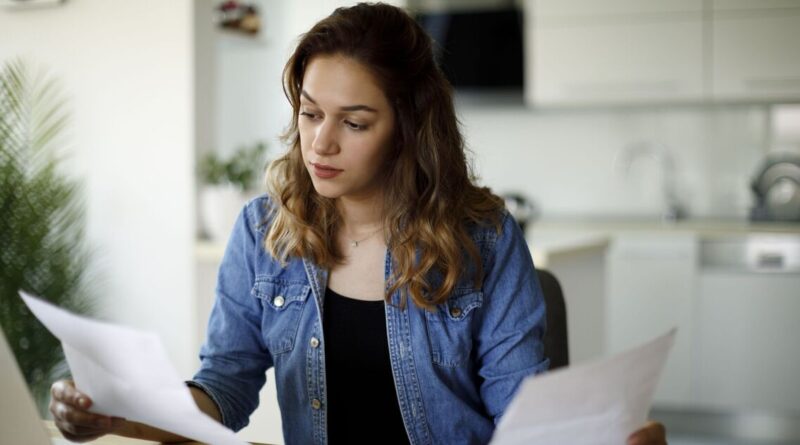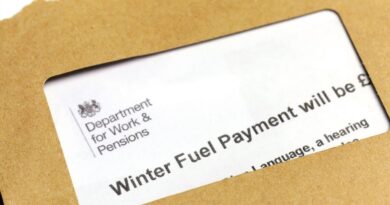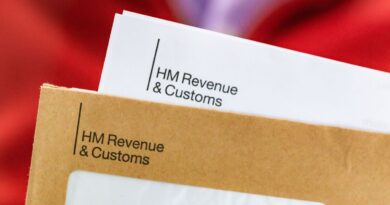28,000 taxpayers issued 3-day deadline or risk fine | Personal Finance | Finance
Thousands of Brits have just three days left to file their paper tax returns or risk an automatic £100 fine from HMRC. The deadline for sending in paper self-assessment tax returns is October 31. Anyone who misses the cut-off could face penalties, even if they later submit their return online. New analysis suggests that around 28,784 people could miss this year’s paper deadline based on last year’s figures.
Over 304,000 paper tax returns were filed last year, but almost 10% of taxpayers missed the deadline. Many business owners are still managing their finances manually, with one in three using spreadsheets or even pen and paper. More than a quarter also file without the help of an accountant, increasing the risk of missing vital dates.
Sarah Fleming, a spokesperson at NerdWallet UK, said: “A self-assessment tax return is how you tell HMRC about income that isn’t taxed at source – for example, if you’re self-employed, rent out property, or earn from investments. It allows you to calculate and pay the income tax and National Insurance you owe.”
She added: “You will need to send a tax return if, for the last tax year, you were self-employed as a sole trader earning over £1,000, a partner in a business partnership, or if you earned income from renting out property, savings, investments, foreign income, or dividends.
“You may also need to file if you are eligible for tax relief on things like pension contributions or maintenance payments.”
Taxpayers who miss the October 31 paper deadline can still submit online, with the digital deadline set for January 31, 2026.
However, HMRC will issue an immediate £100 fine to anyone who fails to meet the relevant deadline, unless they have a valid excuse.
“If you miss the filing deadline, you’ll usually receive an automatic £100 penalty, though it may be possible to appeal in certain situations,” Ms Fleming said.
She added: “Interest on any unpaid tax starts accruing from February 1, so it’s wise to submit your return and settle your bill as early as possible to avoid extra costs.”
She said the pressure is even greater this year as new rules are on the way. From April 2026, freelancers and landlords earning over £50,000 will no longer be able to file paper returns.
Instead, they’ll need to keep digital records and submit tax updates using approved software under the new Making Tax Digital (MTD) scheme.
Ms Fleming said: “This could be the last year many self-employed people can file on paper. Leaving your submission until the last minute can easily bite back if you’re not prepared.”
To make the process easier, she suggested setting calendar reminders and using accounting software.
She said: “Accounting software can make the jump to freelancing far less stressful. It saves time by automating invoices and tax tracking, and gives you a clearer picture of your finances.
“From April 2026, self-employed people and landlords earning over £50,000 will be required to submit quarterly updates using HMRC-approved software. Those earning above £30,000 will follow in 2027.”
Ms Fleming added: “Last-minute tax returns mean potential £100s of fines and unnecessary stress.
“Block out a chunk of time each month to review your business finances, or set a recurring reminder to upload receipts and log expenses. You’ll thank yourself come deadline day.”
- self-employed as a sole trader and earned more than £1,000
- a partner in a business partnership
- earning an income from renting out a property
- being paid an income from savings, investments or dividends
- you paid Capital Gains Tax when you sold something that went up in value
- earning foreign income
- earning income of £150,000 or more
You may also need to file a return if you are eligible for tax relief on:
- charity donations
- pension contributions
- maintenance payments
- Covid-19 payments





